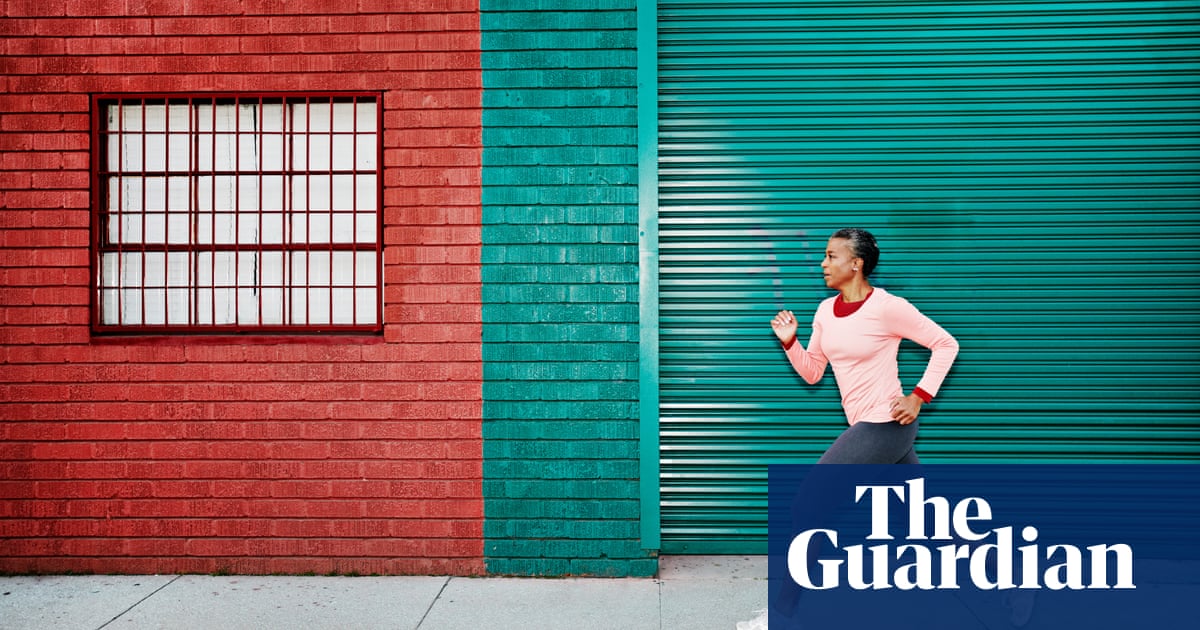
More than two-thirds of women experience harassment while running, a study has found, as victims say they no longer report abuse to the police as it has become an “everyday occurrence”.
The study, by the University of Manchester, found women surveyed in north-west England experienced threats, verbal abuse and had objects thrown at them while jogging.
One runner, Lucy, 39, interviewed by the Guardian, said she had stepped away from the hobby after being followed by 10-year-old boys on bikes who were threatening to sexually assault her.
She said: “In 2010 I played a lot of netball and as a result got into running to keep up. [On one run] I ended up being followed by some 10-year-olds on bikes who followed me yelling ‘we’re gonna fuck you up the ass’ – delightful.
“What shocked me was that these children had learned this behaviour and thought it was totally OK to do this. It was daytime. At the time I thought I was OK but I stopped running shortly after … it made me feel pretty unsafe.”
The study found the most common type of abuse was verbal abuse, with 58% of female respondents saying they had experienced it; 19% of women also reported being followed while out running and 7% reported being flashed at.
Thirteen respondents said they had been physically assaulted while running and seven women had been sexually assaulted.
The academics behind the study, Dr Caroline Miles and Prof Rose Broad, said they were not shocked by their findings, adding it was surprising how normalised the experience was for the women they surveyed.
Broad said: “Lots of respondents said they just accept it. They don’t even register it because it happens all the time, and it’s just an everyday occurrence.”
The pair are both runners and have personal experience of harassment, and have heard accounts from friends and family. “It’s overwhelming when you see it happen again and again,” said Broad.
This also occurs outside the north of England. Emma Loffhagen, a 24-year-old living in London, said: “Once I was running near my house, and a guy in a marked [mail] van rolled down his window.
“I took my headphones out and he was telling me I had nice legs, and he was driving slowly alongside me as I was running … I couldn’t believe how brazen it was from this guy who was on the job in his [marked] van.”
Women feeling concerned or scared about serious crimes such as rape or murder, was another key finding from the research.
Miles said: “They’re afraid of being raped, being murdered, being attacked. We know this does happen, not in high numbers … but women are afraid. That leads them to just undertake so many protective measures.”
Another key finding was that only 5% of cases were reported to the police.
“[Respondents] gave a variety of reasons for why they don’t report to police,” said Miles. “This ranged from the normalisation of harassment … and also low level of confidence in the police’s ability to do anything or whether the police would take it seriously.”
Lucy Baston, 31, living in Bradford, said: “I have never reported the harassment. One of the main problems is that it honestly does happen so frequently. If I reported every ‘minor’ incident (for example, being yelled at), I would probably be phoning the police at least once a month, probably more.
“The other problem is that it happens so quickly you often don’t get time to make note of a registration plate or description of the person.”
Moving forward, Miles and Broad hope the findings from the research can help police forces create new ways to help women facing abuse while exercising. They also want there to be a bigger conversation around harassment and abuse, in the hope of creating a culture shift.
Miles said: “The key thing that we would like to happen is for work to be done with boys and men that addresses the underpinning kind of sexist and misogynist attitudes that underpin this kind of behaviour.”
Broad added: “It’s not all men, but it is always men.”












